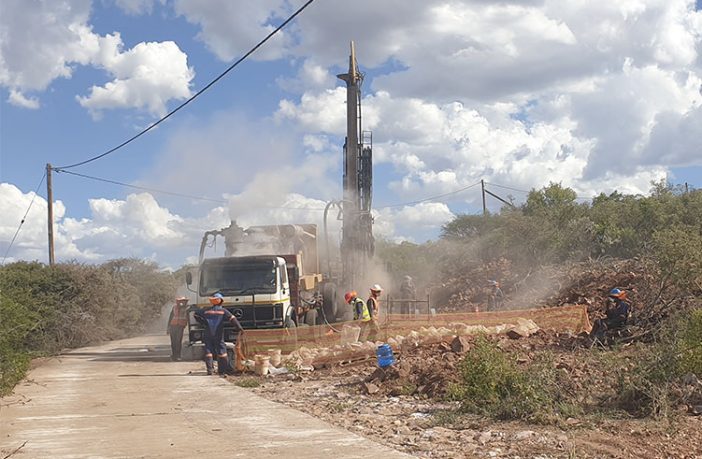- Giyani Metals Corp, a Canada-based company owning the K.Hill manganese project in southern Botswana, has concluded the feasibility study for the construction of a solar park at the mining site.
The company explained the PV plant may be built under three different scenarios: A “no-export” 14 MW project (scenario one) for self-consumption, that does not include the storing or sale of excess power generated by the facility, with the grid meeting the energy demand unsatisfied by the solar park; a “net-zero annual generation” 60 MW scheme (scenario two) matching the site’s annual energy requirements during peak solar generation with surplus power being injected into the grid; and a “transition into IPP” 48 MW project (scenario three) that would contemplate the sale of excess power to the grid in smaller quantities.
The capex for the first project is estimated at around $10.5 million while for the other two projects, it is $44.9 million and $34.9 million, respectively. Net savings for the three solutions are indicated at $2.8 million, $11.1 million, and $9.7 million, respectively. “The solar plant study concluded that despite each option delivering operating cost savings to K.Hill, compared to using 100% grid power, it is recommended to initially implement scenario one, with the view to upgrading to either scenario two or three as a second phase once regulatory approval is granted,” the company explained.
The K.Hill, Lobatse & Otse manganese oxide project is located in the Kanye Basin and is expected to produce high-purity electrolytic manganese metal and manganese sulfate for the electric vehicle sector. “The K.Hill site is surrounded by flat topography which, coupled with the high amounts of annual sunshine, makes it highly attractive for solar power generation,” Giyani Metals stated.
Author: Emiliano Bellini
This article was originally published in pv magazine and is republished with permission.















